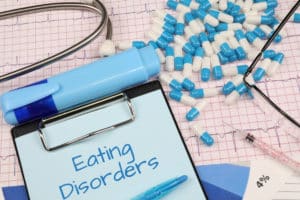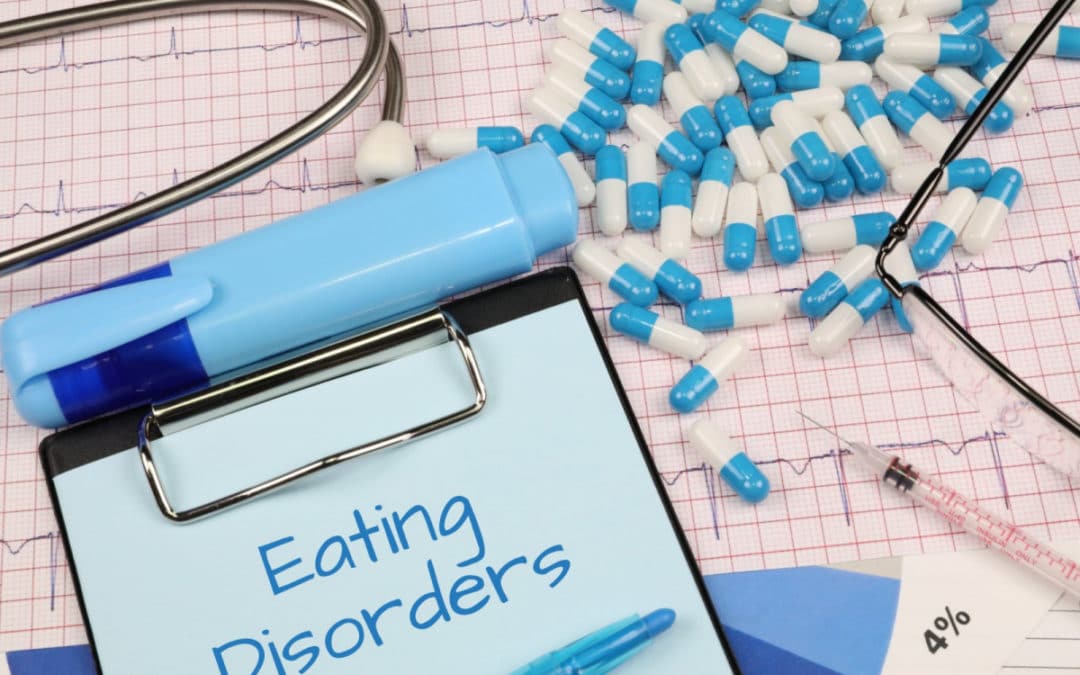The passing of Nikki Grahame has sent shockwaves throughout the country. Michelle Heaton has openly talked about her fear of not knowing the “right thing” to say or do towards the end of her dear friend’s life, and parents of children with eating disorders feel heightened fear for their loved ones. Author, psychological therapist and counsellor, Michael Padraig Acton, has worked with many people with eating disorders (and their close friends and family) during the course of his 30-year career to date, and here shares his advice to help people get a clearer understanding of the nature of eating disorders and what it is like for the person suffering. He has dedicated his career to working with families, couples, and individuals around the world, privately and in the NHS. The aim of Michael’s comments below is to go some way to helping people feel less isolated and fearful at a time that is likely to be triggering for so many. According to Anorexia and Bulimia Care, it is hard to give precise prevalence figures because the figures known are for those seeking/receiving treatment and it is estimated by the Department of Health that the true figure for those affected is more like 4 million as so many who struggle do not seek help and therefore do not enter the figures. Officially, over 1.6 million people in the UK are estimated to be directly affected by eating disorders.
What are Eating Disorders?
Many people know about eating disorders (ED) but many may not truly understand their nature, whether it is obesity, anorexia or bulimia. So, what could help us to understand more about people suffering with an ED? How can we help someone with an eating disorder and what do we say? What of family/friends of people experiencing ED, how do they cope and what can they do to support their loved ones?
EDs are caused by many factors, too many to mention here. However, all EDs are fed and strengthened by control, addiction and self-soothing.
Why Do people Get Eating Disorders?
The first thing we generally have control over, when growing up in our modern families, is food. We can refuse to eat or secretly eat. An eating disorder happens when we feel so disempowered that we need to find control. It can also be spurred on by social media and images, and people praising how good we look or don’t look feeds us, but it is generally a disease about control and addiction. Make a person with obesity diet then we take away their control. Similarly, make a person with bulimia or anorexia eat and we take away their control, making them feel very vulnerable also. So much in our western world can make us feel disempowered and fearful. People don’t choose an eating disorder as a control, this happens over time. Like any addiction, it creeps up on us by randomised rewards.
All addiction traps their victims as once the substance or ritual served to comfort them. Eating in excess feeds our neural system and makes us feel nourished and special and comforted. Starving ourselves is similar but with one specific difference. When we are starving, underweight by extremes, our human bodies excrete feel-good endorphins. Yes, our bodies are kind and when we are starving it gives us such a high that we feel amazingly good. Yes, you got it, when we have anorexia or bulimia we feel amazingly good, when very underweight we achieve a feeling that is craved: a feeling of being OK and good. It is mostly this rush that is craved and then quashed instantly when nourished.
How to Help Someone With an Eating Disorder
When thinking of a person close to you with an ED, think of them struggling with an enormous addiction, a way of struggling to live in the moment. However, the real issue is the need to hide our true selves. ED is not accepted or often not tolerated in our western world. People feel lonely, cut off, absorbed and helpless. If you know of someone suffering the kindest thing to do is tell them, “I don’t know what it is to experience what you are going through, but I am here for you whenever you need me to be. My door is open.” Supply yourself with helpline numbers and offer these to them on a piece of written paper. Let them know they are loved and seen in their fight. And, it is a very difficult fight.
UK helplines and websites:

https://www.anorexiabulimiacare.org.uk/help-for-you
03000 11 12 13
https://www.beateatingdisorders.org.uk/support-services
0808 801 0677
https://eating-disorders.org.uk/contact-us/
0845 838 2040
https://seedeatingdisorders.org.uk/page/do-i-have-an-eating-disorder
01482 718130
Media enquiries and interview requests for Dr. Michael Acton to neil@mpamind.com
Dr Michael Acton’s next book, the third in the Power of You series, is Fork in the Road (out Summer/Autumn 2024): https://www.waterstones.com/book/fork-in-the-road/michael-padraig-acton/9781838352738
Main image attribution: Eating disorders by Nick Youngson CC BY-SA 3.0 Pix4free

